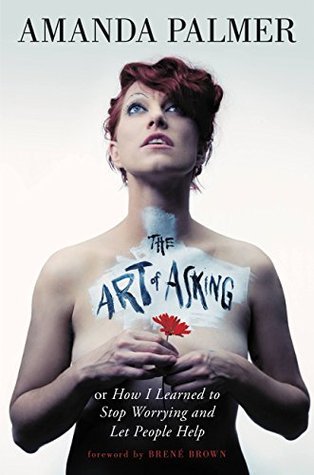What do you think?
Rate this book


352 pages, Kindle Edition
First published November 11, 2014






My feed exploded with a rousing ŌĆ£YES, please.ŌĆ� It was 8:55 p.m., so I set the minute of silence for nine oŌĆÖclock exactly, and asked people to find a good spot, and do whatever they needed to do to get ready. I lit a few candles, counted down with the Twitter feed, set my iPhone timer, and at nine on the dot, closed my eyes.